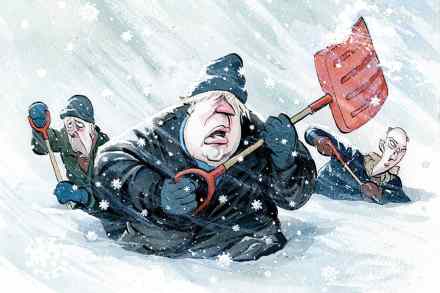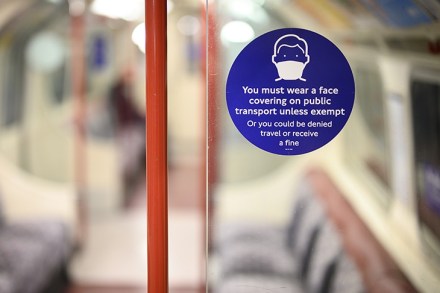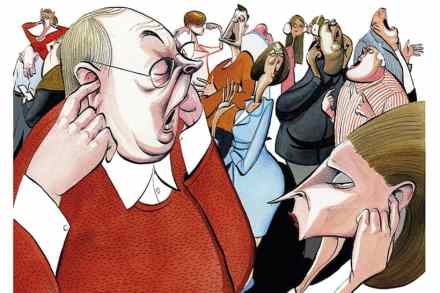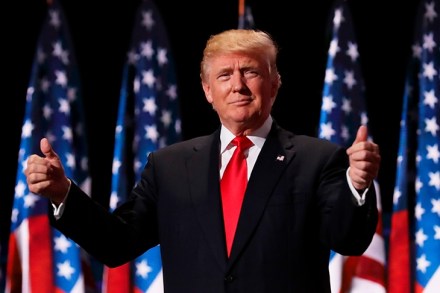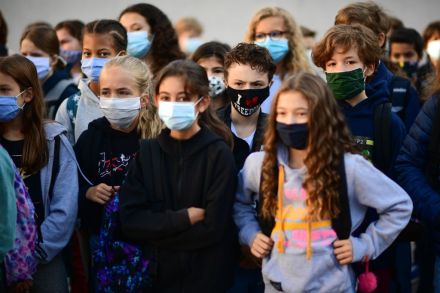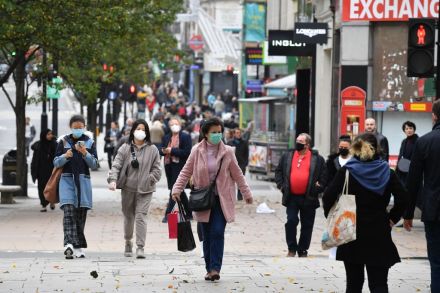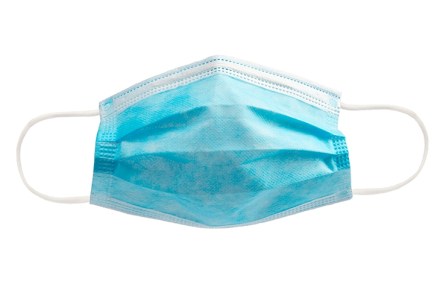My thoughts on Helen Mirren’s casting
On Monday, I had a whinge-walk with Lizzie, my friend of 47 years. We met at breathing classes for our first babies and we gave birth on the same day in the now defunct Avenue Clinic in St John’s Wood. Our children grew up joined at the hip. Today my daughter Amy is a playwright in NW3 and Lizzie’s is a Buddhist monk in Nepal. Amy is with me at least twice a week, though her mother’s ability to make off-the-cuff remarks which generate front-page headlines makes her wish she was the one in a Nepalese monastery. I faced my daughter’s embarrassment and near cultural cancellation last week after I



